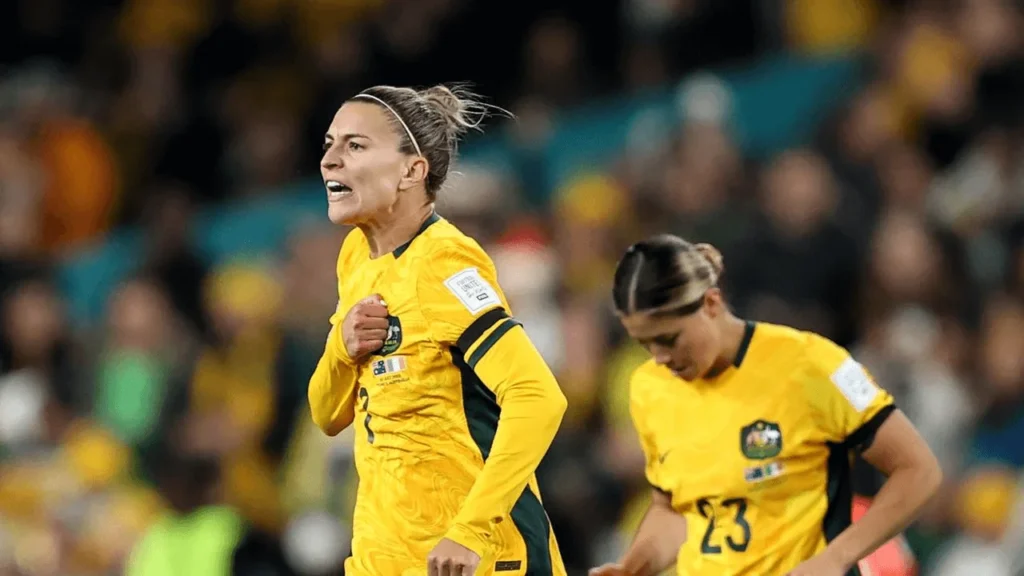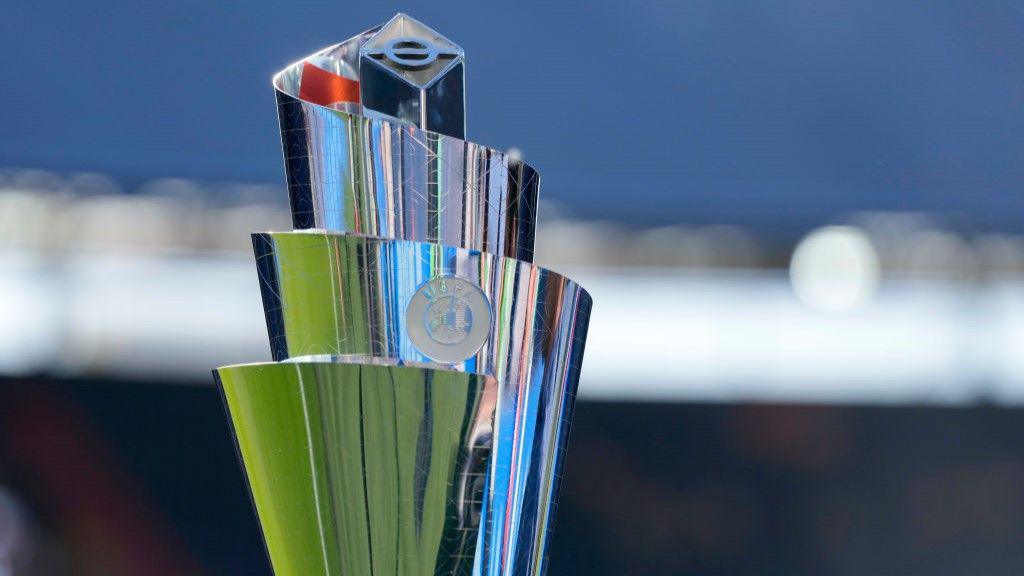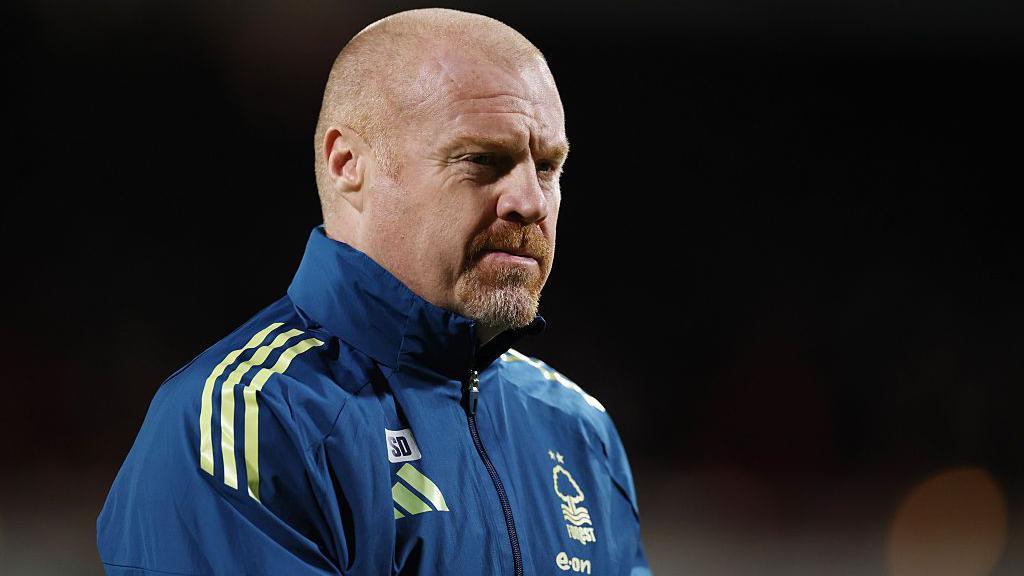
Australia’s fervent embrace of the event is striking – it might indeed be transformative.
Euro’s muted beginnings in England gradually crescendoed, eventually peaking as the Lionesses clinched a historic victory over Germany, capturing their first significant title the previous year.
The attention Euro garnered didn’t happen overnight; every triumphant moment, every goal drew more eyes towards the teams, players, and the inherent risks of the sport.
A long journey had shaped the event’s stature. Leading up to the Euros, England’s notable players, like team leader, Leah Williamson, featured prominently on grocery items and TV commercials. But with the Premier League reaching its finale, the Euros battled to break through the noise. It demanded effort, but the effort was evident.
Such side-lined perception was short-lived. A staggering 68,871 enthusiasts filling Old Trafford for the debut match altered everything. Faces previously seen on products and billboards were now in sharp focus, igniting Euro enthusiasm. The excitement grew exponentially, with England’s 8-0 drubbing of Norway amplifying expectations and drawing increasing viewership.
This felt like a pivotal moment for England’s women’s football. The Lionesses transformed into cultural icons, making headlines and altering societal perceptions.
Now, down under, Australia is ardently championing women’s football. Unlike the gradual rise in England, Australia’s support exploded from the onset. While Euro 2022 sponsors admirably promoted the event and England’s squad, the fervor in Australia is unparalleled.
Corporations have stepped up, but so have host cities and organizing committees. Their efforts overshadowed previous hosts, making the World Cup a phenomenon in Australia. Whether it’s small shoutouts like “Go Matildas!” on airport baggage screens or grand displays on skyscrapers, the excitement transcends just sponsorship – it’s universal.
Stroll through cities like Sydney or Adelaide, and the tournament’s omnipresence is undeniable. Local stores carry merchandise, fans proudly display their allegiance, and cafes celebrate the Matildas.
FIFA has upped its game, with fan zones offering a richer experience than 2019. These zones have seen over half a million visitors just halfway through the tournament.
Australia’s immersion is also evidenced by casual conversations, with taxi drivers enthusiastically discussing the Matildas. Their fervor grows with every victory, starting from a point even more heightened than England’s initial Euro fervor.
A win against England in the semi-finals would skyrocket Australia’s passion. Other sports have already paused their events to showcase the Matildas’ victories.
James Johnson, Football Australia’s CEO, articulated a deliberate strategy to captivate the public, emphasizing the intertwined destinies of the World Cup and the Matildas. Their success, both on and off the field, was crucial for the World Cup’s resonance with the masses.
The absence of a Premier League counterpart in Australia, or a historical anchor like England’s 1966 triumph, offers a unique advantage. Despite the presence of major sports like rugby and cricket, when it comes to soccer, the Matildas dominate. Domestic leagues or even the men’s national team don’t quite match up to global powerhouses.
Thus, the World Cup’s impact, combined with the Matildas’ ascendancy, might even overshadow the resonance of England’s Euro 2022 achievement, irrespective of the final outcome.





















